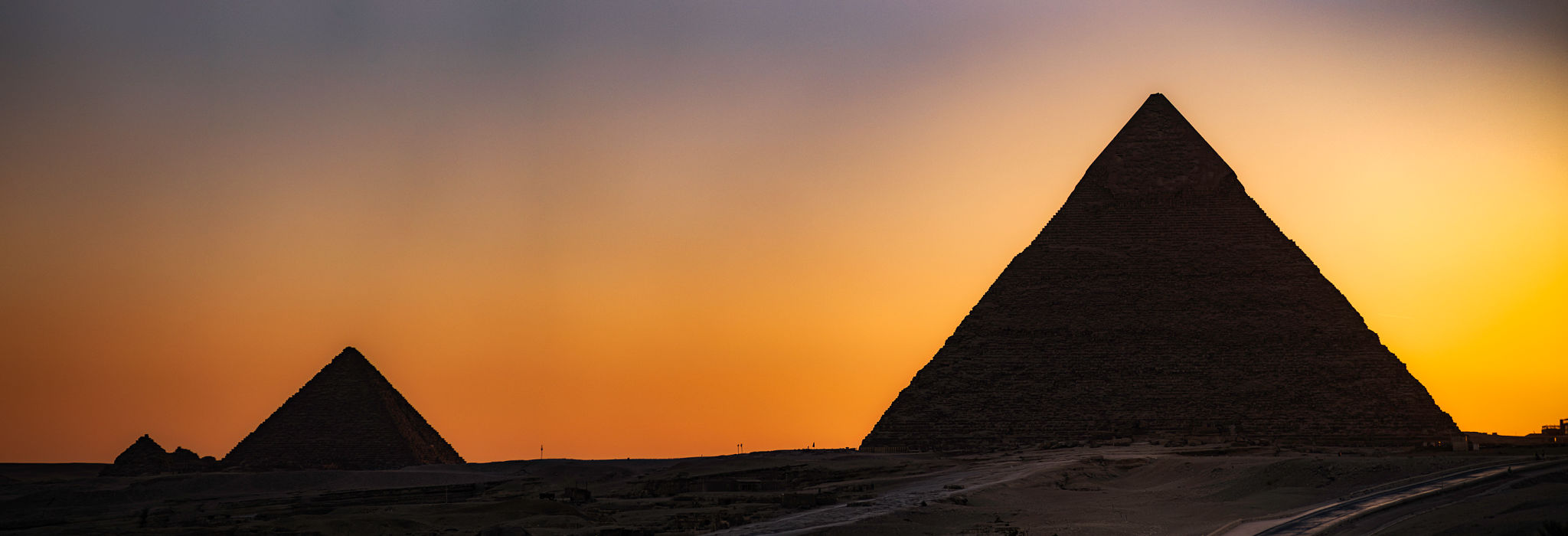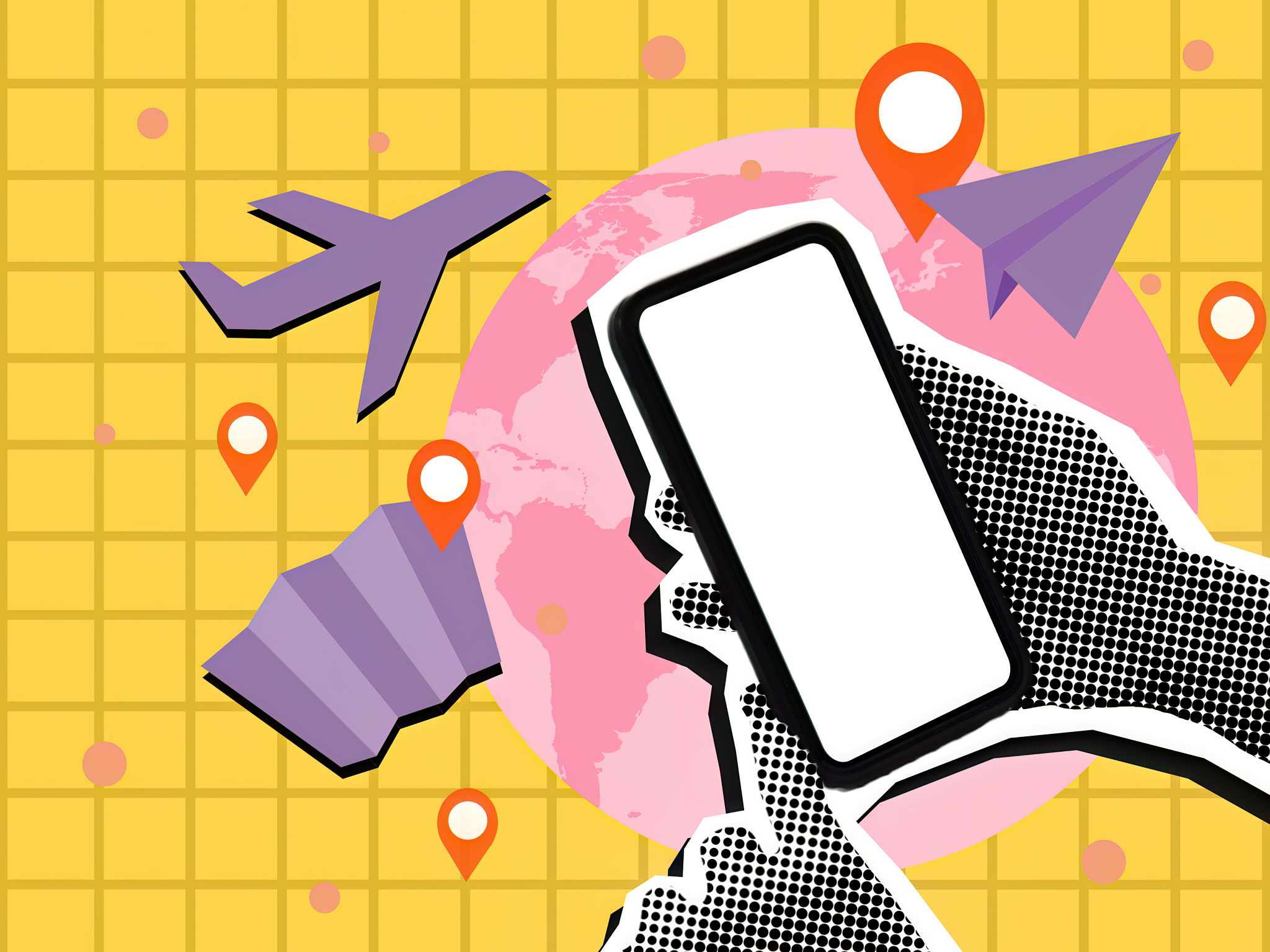The Role of Technology in Modern Tourism: How It's Changing Travel in Giza
The Intersection of Technology and Travel in Giza
In recent years, technology has dramatically transformed the way people travel, and Giza is no exception. Known for its ancient pyramids and rich history, Giza is now embracing modern advancements to enhance the tourist experience. From virtual reality tours to mobile apps, technology is playing a pivotal role in making travel more accessible and enjoyable.

Virtual Reality: A New Perspective on Ancient Wonders
Virtual Reality (VR) technology is revolutionizing the way tourists explore Giza's historical sites. By donning a VR headset, visitors can immerse themselves in an interactive tour of the pyramids, offering a unique perspective and deeper understanding of these ancient wonders. This technology allows tourists to explore areas that may be inaccessible due to preservation efforts, providing a comprehensive experience without compromising the integrity of the sites.
The Benefits of Virtual Tours
Virtual tours offer several benefits, particularly for those unable to travel. They provide a convenient and cost-effective way to experience Giza's attractions from anywhere in the world. Additionally, VR tours can enhance physical visits by offering detailed historical context and interactive features, making learning about ancient Egypt both enjoyable and educational.
Mobile Apps: Your Personal Travel Guide
Mobile apps have become indispensable tools for modern travelers. In Giza, these apps serve as personal tour guides, providing information about nearby attractions, dining options, and cultural events. Many apps also include GPS capabilities, ensuring that tourists can easily navigate the bustling streets of Giza without getting lost.

Enhancing the Visitor Experience
Some apps offer additional features such as augmented reality (AR), which overlays digital information on the physical world. For instance, tourists can point their smartphones at a pyramid to receive historical facts or watch animations depicting how these structures were built. This interactive approach makes learning more engaging and memorable.
Social Media: Sharing Experiences in Real-Time
Social media platforms are playing a significant role in modern tourism by allowing visitors to share their experiences in real-time. Sites like Instagram and Facebook enable tourists to document their journeys, from awe-inspiring selfies with the Sphinx to candid shots of local cuisine. This not only enhances personal memories but also serves as a powerful marketing tool for Giza's tourism industry.

The Influence of Online Reviews
Online reviews and recommendations are crucial for travelers planning their trips. Platforms like TripAdvisor provide valuable insights into accommodation options, restaurants, and attractions. Positive reviews can significantly boost a location's appeal, attracting more visitors and stimulating local economies.
The Future of Travel Technology in Giza
As technology continues to evolve, its role in tourism is expected to expand even further. Innovations such as artificial intelligence and blockchain have the potential to streamline travel processes and enhance security measures. As Giza embraces these advancements, travelers can look forward to increasingly personalized and efficient experiences.
In conclusion, technology is reshaping how we experience travel in Giza. By integrating cutting-edge solutions like VR, mobile apps, and social media into the tourism sector, Giza is not only preserving its rich heritage but also paving the way for a more connected and immersive future for travelers worldwide.
